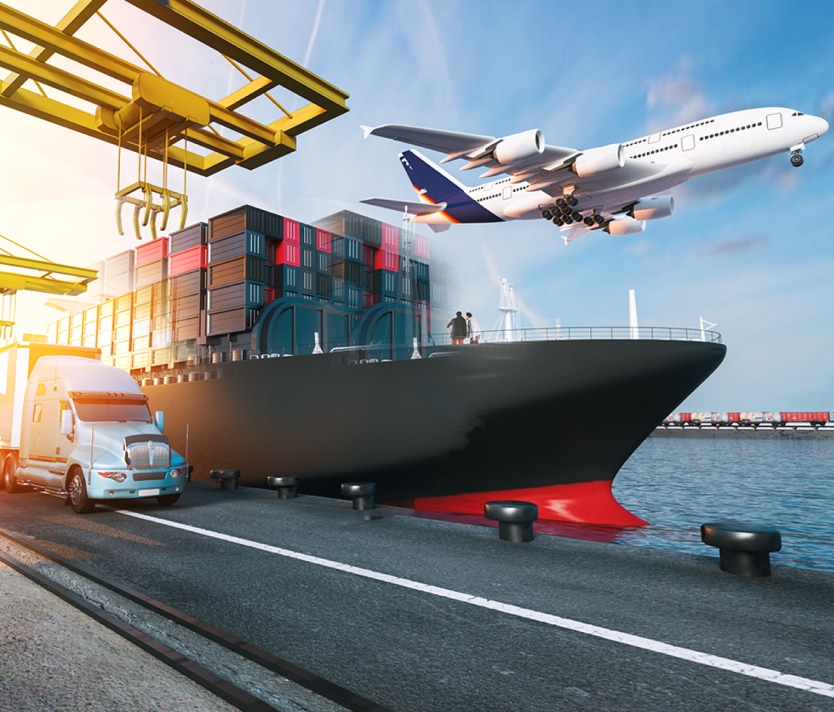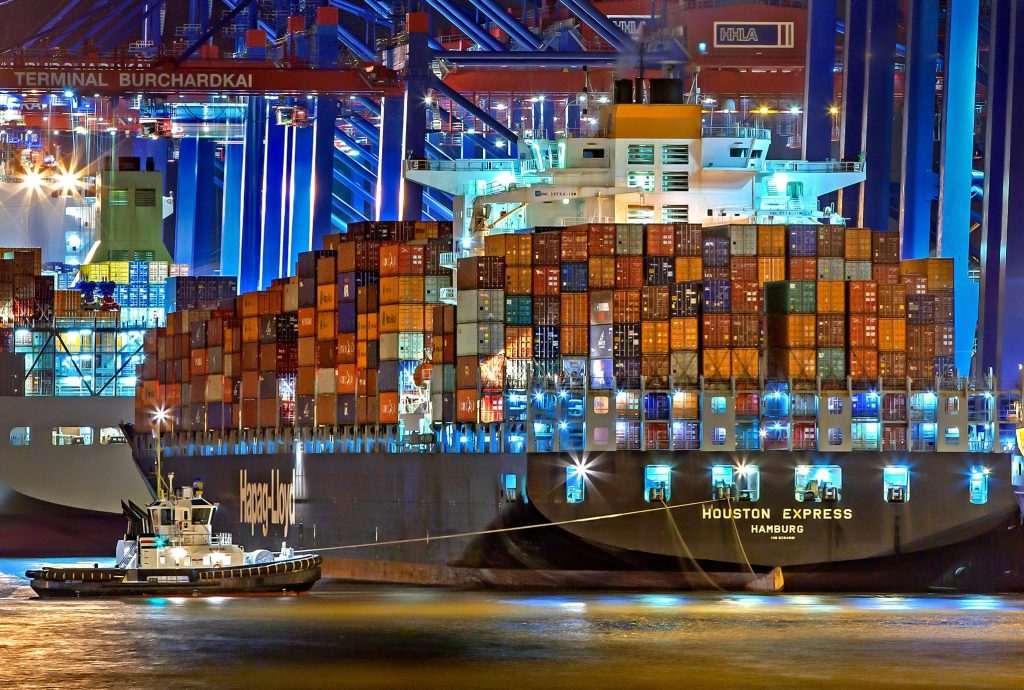Pre-Arrival Customs Clearance
Today, the rapid growth of global trade has made it essential to minimize delays in customs clearance processes. Modern trade—particularly e-commerce and just-in-time operations—requires fast and efficient customs procedures. In this context, pre-arrival customs clearance stands out as a critical solution for accelerating customs processes and reducing administrative burdens.
Pre-arrival customs clearance is the process of submitting a customs declaration before goods physically arrive in the country during import and export operations. This practice enables the modernization of customs procedures and allows for faster completion of transactions. Article VIII of the GATT 1994 emphasizes the reduction of the burden and complexity of import and export formalities, and legal frameworks have been established accordingly.
In Turkey, the Customs General Communiqué (Pre-Arrival Customs Procedures), which came into effect in 2019, outlines the procedures required for initiating customs clearance before the arrival of goods transported by sea in containers. This system is particularly applied within the scope of release for free circulation and the Inward Processing Regime and helps accelerate customs processes.
Time and Cost Savings:
Pre-arrival customs clearance offers a faster process compared to traditional customs procedures. Goods can be processed immediately without waiting at customs, thus avoiding unnecessary storage, warehousing, and demurrage costs.Competitive Advantage:
Faster customs clearance processes create a competitive edge for companies engaged in foreign trade. Shipments can be made more quickly without time loss, resulting in a more efficient production process and increased exports.Risk Analysis and Security:
Submitting data in advance allows customs authorities to conduct more effective risk analysis. As a result, customs inspections can be planned more efficiently, and audits become more effective.
The pre-arrival customs clearance procedure applies to goods transported by sea in containers. However, only goods classified as raw materials and intermediate goods to be used in domestic production are eligible for this procedure. Additionally, certain goods imported under the temporary importation regime may also benefit from this service.
To apply for the pre-arrival customs clearance system, companies that meet specific criteria may submit an application. These criteria include industrial firms having a minimum annual export volume and submitting a certified public accountant (CPA) report. Companies holding Authorized Economic Operator (AEO) status can benefit from this service directly without the need to apply.
In order to become a customs broker, one must first become a customs broker assistant. The steps to becoming a customs broker assistant are as follows:
To be a citizen of the Republic of Turkey,
To have the legal capacity to exercise civil rights,
Not to be deprived of public rights,
Except for negligent offenses; not to have been convicted, even if pardoned, of crimes such as aggravated imprisonment or imprisonment of more than five years, or of disgraceful offenses such as smuggling, embezzlement, misappropriation, bribery, theft, fraud, forgery, breach of trust, fraudulent bankruptcy, false testimony, fabrication of crime, slander, manipulation of official tenders and contracts, laundering of criminal assets, financing of terrorism, disclosure of state secrets, tax evasion or attempted tax evasion, and crimes falling within the scope of the Anti-Terror Law No. 3713 or organized crime,
Not to have been dismissed from public office as a result of a criminal or disciplinary investigation,
To have graduated with at least a bachelor's degree from faculties or higher education institutions providing education in law, economics, finance, business administration, accounting, banking, public administration, political science, and industrial engineering, or from a foreign higher education institution recognized as equivalent by the Council of Higher Education,
After graduating with a bachelor’s degree from other academic institutions, to have obtained a postgraduate diploma in the fields listed in subparagraph (i), or to have graduated from vocational schools offering associate degree programs specializing in customs, foreign trade, and the European Union,
To have worked for one year as an intern under a licensed customs broker,
To have passed an exam covering customs legislation and economic, commercial, and financial matters related to customs.
After qualifying as a customs broker assistant, the steps to become a customs broker are as follows:
Those who meet the above requirements, hold at least a bachelor’s degree, have worked for two years as a customs broker assistant, and have passed the exam on customs legislation and related matters are entitled to become customs brokers.




 TR
TR